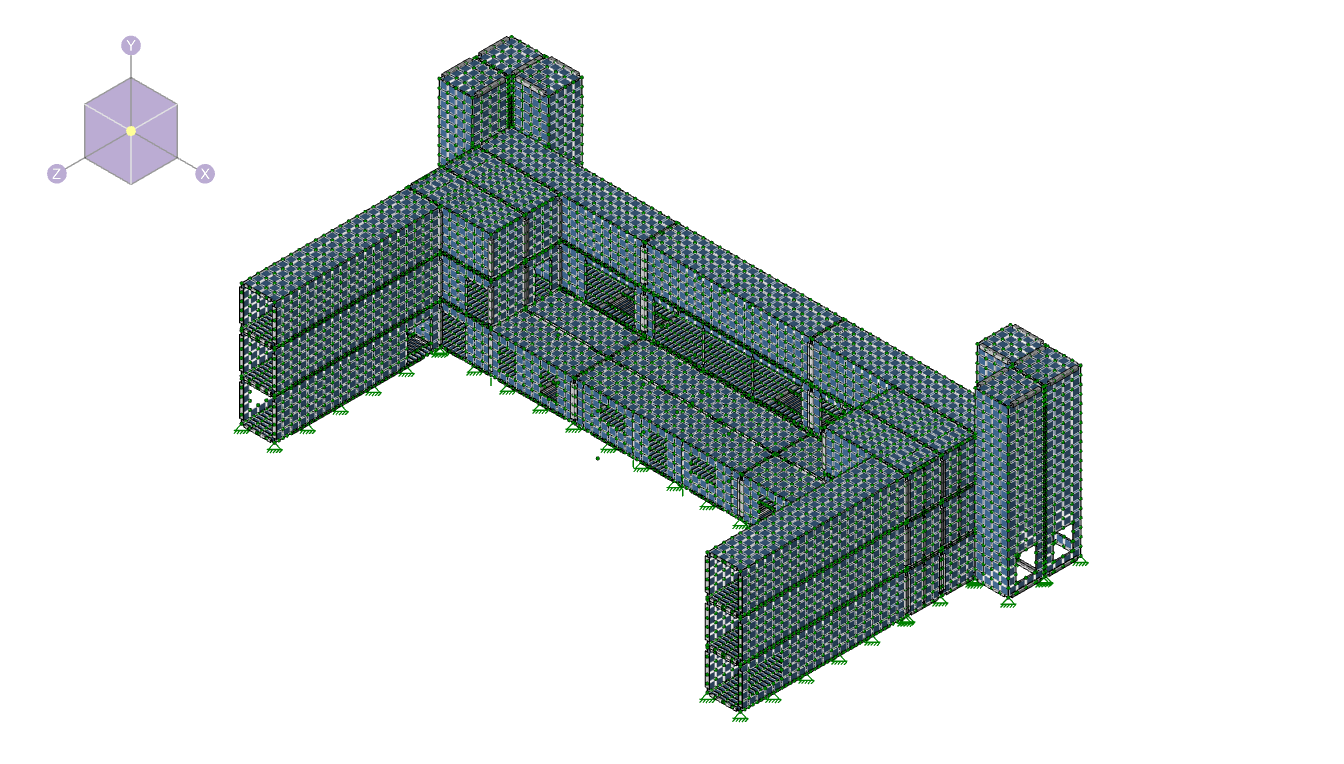Engineering Tomorrow: Adapting Infrastructure for Climate Change and Disasters
Designing resilient infrastructure to tackle climate change and natural...


Modular construction is making waves in the infrastructure world, revolutionizing how we build everything from bridges to buildings. By assembling prefabricated modules off-site and then transporting them to their final location, this method offers unique advantages along with some challenges.
Benefits of Modular Construction
1. Reduced Construction Time
One of the most compelling benefits of modular construction is the significant reduction in construction time. Since modules are prefabricated in controlled factory environments while site work occurs simultaneously, overall project timelines can be shortened by 30-50%. This dual-phase construction process means that once the site is prepared, the modules can be swiftly assembled, accelerating project completion and reducing labor costs.
2. Improved Quality Control
Factory-based prefabrication ensures consistent quality control. In a controlled environment, variables such as weather, workforce availability, and material storage do not impact the construction process. This consistency leads to higher quality outcomes, as each module undergoes rigorous inspection before leaving the factory. The precision of factory manufacturing also allows for better adherence to design specifications and standards.
3. Enhanced Safety
Modular construction improves safety by reducing on-site construction activities, which are often risk-prone. Factory settings provide safer working conditions with fewer hazards related to height, weather, and site congestion. This approach minimizes the risk of accidents, contributing to safer project execution and fewer delays related to safety incidents.
4. Sustainability
The modular approach promotes sustainability through better waste management and resource efficiency. Factories optimize material use, reducing waste. Modules are designed for disassembly and reuse, supporting circular economy principles. Moreover, controlled environments often employ energy-efficient processes, further reducing the environmental impact.
5. Cost Efficiency
The efficiency of modular construction often translates into cost savings. Reduced construction time lowers labor costs and financing expenses. Additionally, bulk purchasing of materials for factory production can lead to cost reductions. The precision of factory work also reduces the likelihood of costly errors and rework.
Challenges of Modular Construction
1. Design Limitations
Despite its many advantages, modular construction faces design limitations. The need for transportable modules means that dimensions are often restricted by transportation regulations. This can limit architectural creativity and flexibility, potentially leading to a more uniform appearance of buildings.
2. Transportation and Logistics
Transporting large modules to the construction site presents logistical challenges. Modules must be carefully transported, often requiring special permits and routes. Any delays in transportation can impact the overall project schedule. Additionally, the site must have adequate space for staging and assembling the modules.
3. Integration with Traditional Construction
Integrating modular construction with traditional construction methods can be complex. Compatibility issues may arise, particularly with existing infrastructure. Ensuring seamless integration requires careful planning and coordination between different construction teams and methodologies.
4. Initial Cost
While modular construction can save costs in the long run, the initial investment in setting up a factory and purchasing specialized equipment can be high. These upfront costs can be a barrier for some projects, particularly smaller ones that may not benefit as significantly from modular efficiencies.
5. Regulatory Hurdles
Navigating regulatory and code compliance can be challenging in modular construction. Codes and standards often lag behind innovations, leading to uncertainties and delays in approvals. Ensuring that prefabricated modules meet all local building codes and regulations requires thorough and sometimes time-consuming documentation and inspection processes.
Case Study: Fortress Obetz Stadium
A standout example of innovative modular construction is the Fortress Obetz Stadium in Obetz, Ohio. This unique 6,500-seat stadium, built at the former site of the Columbus Motor Speedway, is made entirely from over 100 shipping containers. It's designed to host a variety of events, from sports to concerts.
To read more about this project and how RISA-3D was used to ensure its success, click the button below and see flipbook page 39.

Designing resilient infrastructure to tackle climate change and natural...
You've probably noticed those cell phone towers around town—those tall...

When working with RISA-3D, a structural analysis and design software, it's...